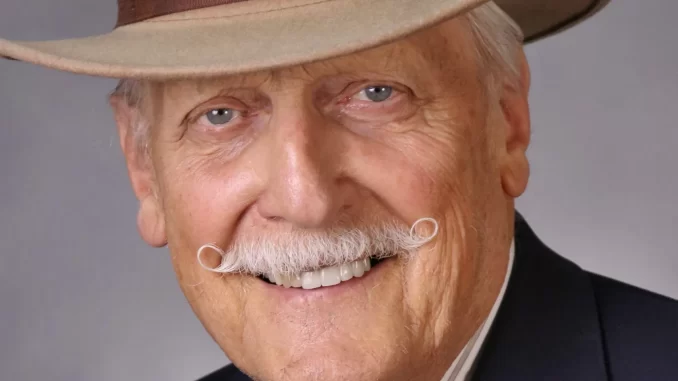
By Ernie Fazio
Watching the news lately reminds me of the theater of the absurd. I hear terms like “woke” and “CRT” and I am confused. But I doubt that I am alone. Even the people who invent these terms that are designed to divide us have little more than a foggy idea of what they are talking about.
While trying to behave as a responsible citizen, I decided to try to get the meaning of these terms. The term “woke” leaves me seriously behind. I doubt I’ll ever get it, so let’s put that little gem aside. CRT, on the other hand, stands for Critical Race Theory. At least these are words in the English language that by themselves I do understand. But the words together seem to mean the study of race and its history in the American experience. Isn’t it incumbent upon us to understand all of our history, no matter how painful? I think the answer is clearly “Yes!”
Those people who are opposed to the truthful teaching of history are afraid that teaching the truth about our history will create resentment among that part of the population whose forebears were slaves. I think they may have a point. Imagine that, as a young black person, your forebears were slaves, but, more than that, many led miserable lives and some were lynched. That has got to be uncomfortable to hear. Uncomfortable yes, but necessary!
Pardon the expression, but you cannot “whitewash” history. As a young man growing up, I knew nothing of the important history of labor. Why? Because it was not taught. The same mentality that does not want us to know about the true history of race in America did not want us to know about the sordid history of labor. They did not want us to know much at all because that war on labor was, and is, ongoing. When unions went to court, they had to overcome the cozy relationships that corporate America had with the courts. Many of the judges went to the same country clubs as the captains of industry.
They did not want us to know about all of the underhanded practices that were used to suppress labor. They did not want us to know about the cruelty of child labor.
They did not want us to know that Henry Ford hired Brinks security guards and put them on top of Ford factories to shoot strikers in the street. They did not want us to know about Andrew Carnegie’s order to mow down strikers when he left for Scotland and claimed no responsibility for the carnage. When Carnegie was nearing the end of his life, he wanted to be remembered differently, so he built libraries all over the county. Thanks, Andy, but if you didn’t steal so much from the working class, you would not have had the means to finance your own redemption.
The history of labor is deep and infuriating, as is the history of the black population of America, but it must be told; otherwise, we risk the possibility of revisiting the travesties of the past.
As a young elected official in a union, I began taking courses in Labor History and Labor Law. I recognized that story was upsetting, but I also became aware that we had come a long way. When we learn more about Black History, we get the same reaction. Are we done? No! The fight for fairness and equality will continue, and it must.
Ernie Fazio is the chairman of LIMBA (Long Island Metro Business Action).

